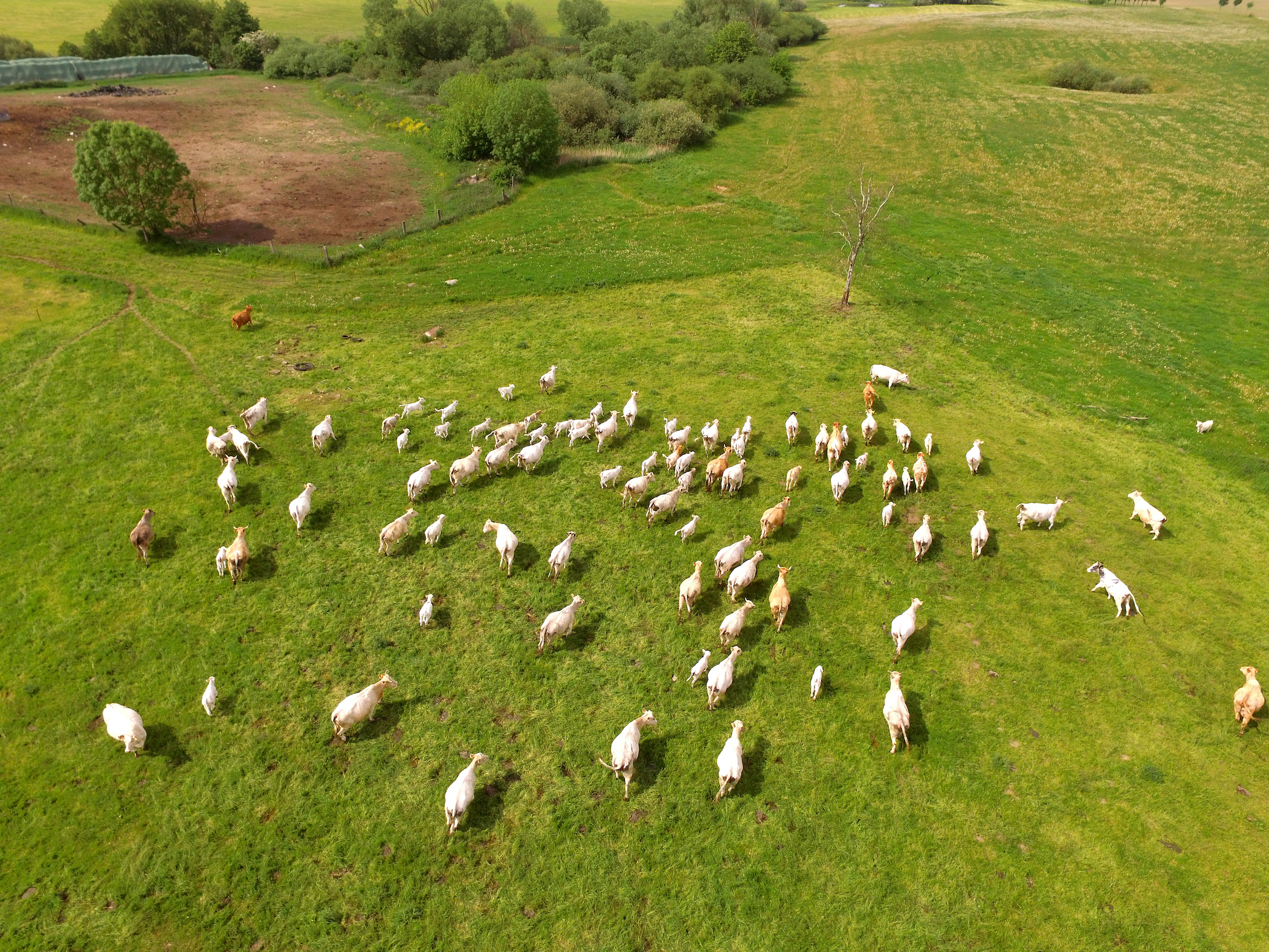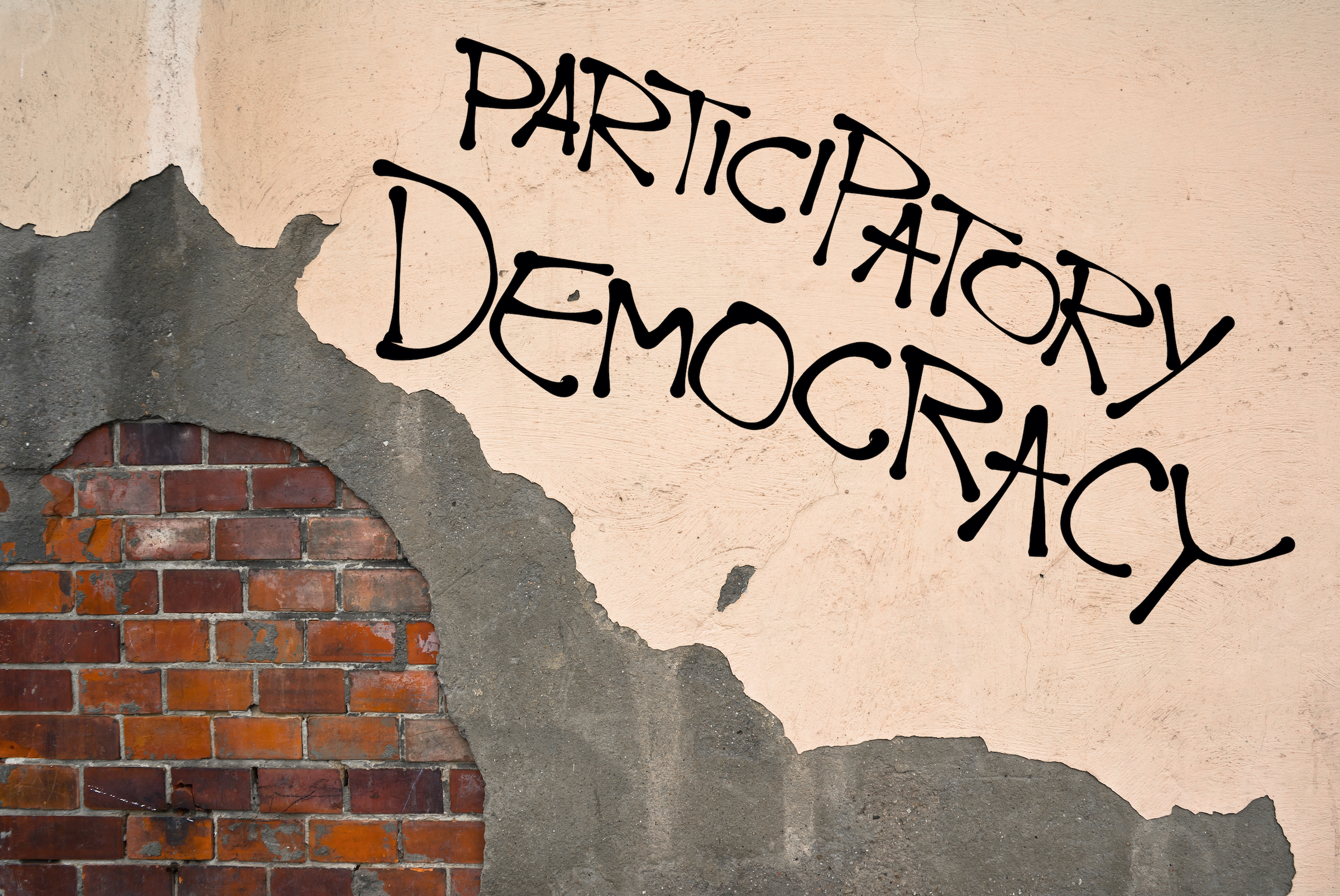In order to understand why public goods are so important in our society, why they’re so difficult to wrap our heads around and to figure out how to provide in the correct way, it’s useful to think about one of the oldest situations or metaphors in social science, political science and economics.
That metaphor is the tragedy of the commons, a parable which goes: in the olden days, there is a commons which is owned by everyone, by all of the hundreds of people in the village. The commons is a great place for everyone to send their cattle to graze. Everyone has cattle because it’s the olden days. The problem with this is that if everyone sends their cattle to graze, then the commons will be completely unusable by anyone because it will be totally overused.
So, one of the main problems here is that when everyone acts in their own self-interest, then the resource that is owned by everyone, the commons, is useful to no one.


